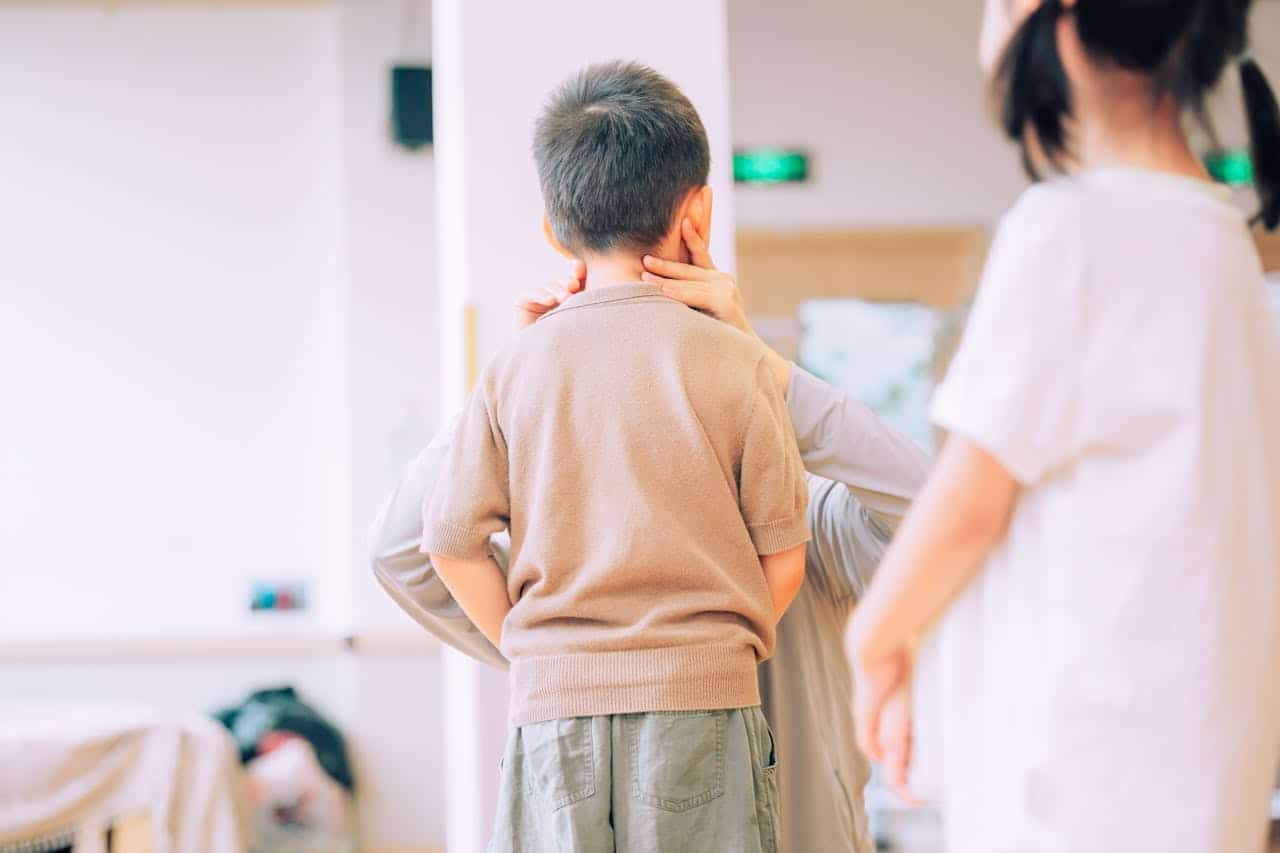As parents, we do everything we can to help our children. If injured in an accident, this might mean providing extra care and support and ensuring they can access the best possible treatment for a fast and full recovery. In this blog, we will look at the legal avenues by which compensation may be claimed for children who suffer injuries and related expenses due to car accidents.
Acting In The Best Interest Of The Child
No parent wants to see their child injured. However, children are being driven around more than ever, and accidents happen quickly. So, what are the legal implications if a child is injured in a car accident where their parent was driving and might be partially or entirely at fault? Although this is a difficult and heartrending situation for the family, the law operates with a clear and objective focus on the child’s best interests. In this situation, the child’s legal representative (a “litigation guardian”) will be appointed to make a claim against the at-fault driver’s insurance. As such, this may be a personal injury claim against the child’s parent in court.
Concerns About Lawsuits Against Family Members
While the idea of a lawsuit between a child and a parent might be difficult to comprehend, it is important to remember that a personal injury claim resulting from a car accident will be made against the driver’s insurance rather than them personally, despite them being identified as a party in the lawsuit.
The Role Of The Public Trustee
If a child has been injured as a passenger in a vehicle driven by their parent, the Public Trustee may be called upon to act as the child’s legal representative. If the driver was not the child’s parent, the parent or guardian would typically act as the child’s legal representative.
The Public Trustee might be called upon to ensure that the parent or guardian acts in the child’s best interests. If a child is awarded compensation, the Public Trustee may also hold those monies in trust for the child and oversee their distribution for ongoing care or therapy expenses.
The Insurance Implications Of Injury Claims
Insurance claims have the potential to raise the insured’s future premiums. However, for any parent, this outcome pales compared to the importance of safeguarding and restoring our children’s health and quality of life.
If the accident involved multiple vehicles, there may be an additional reason that a claim against the parent’s policy is necessary. If the other driver has insufficient insurance to cover the damages claimed, the parent’s coverage against underinsured drivers may require the child to obtain full compensation.
“In Trust” Claims For Care Of An Injured Child
When caring for an injured child, parents sometimes make sacrifices such as taking time off work or foregoing recreational activities and holidays. They may also incur expenses relating to a child’s medical care, including payment for therapies and associated equipment or travel. In extreme cases, families may even move closer to medical care or undertake renovations to improve accessibility within the home.
The monetary value of such sacrifices may be eligible for compensation as part of the personal injury claim for the accident. This means compensation would have to be claimed by the plaintiff (i.e. the injured child) “in trust” for the parents.
In MacCabe v. Roman Catholic Separate School District No. 110 (Westlock), the Alberta Court of King’s Bench adopted the criteria from case law in British Columbia for the assessment of “in trust” claims for compensation on behalf of parents of injured children, which are summarized below:
- Where services are necessary as a result of the plaintiff’s injuries, they are prima facie compensable;
- The claim is that of the plaintiff/victim, not the provider of the services;
- What is compensable is the value of the services to the plaintiff;
- The maximum value of such services is the cost of obtaining the services outside the family;
- Where the opportunity cost to the care-giving family member is lower than the cost of obtaining the services independently, the Court will award the lower amount; and
- To be compensable the services have to be outside the normal duties expected of a spouse or family member.
These criteria have been applied in subsequent cases to award damages for expenses parents incur when taking children to medical appointments. On the other hand, claims related to time spent visiting injured children have been disallowed. The courts have believed that this is nothing more than the emotional support expected of any parent.
Compensation can be available for various activities if they meet the abovementioned criteria. A knowledgeable personal injury lawyer can assist in determining what activities will be eligible for compensation.
Limitation Periods On Compensation Claims For Injured Children
At law, a child (anyone under 18) is not competent to handle their affairs; this includes pursuing legal action. As a result, if a child is injured in a car accident, the usual two-year limitation period for starting a personal injury claim will generally only begin running on their 18th birthday.
However, a potential defendant can sometimes trigger the limitation period before this time by delivering a notice to the child’s guardian or the Public Trustee. Additionally, the delayed operation of the limitation period does not apply to claims against insurance companies for failure to pay accident benefits.
Contact the Experienced Personal Injury Lawyers at Cuming & Gillespie LLP if Your Child Has Been Injured in an Accident
If your child has been injured in a motor vehicle accident, ensuring they get the best possible medical treatment and future quality of life is of the utmost importance. The trustworthy personal injury lawyers at Cuming & Gillespie LLP can advise you on what compensation your family might be entitled to and the various procedural issues specific to minors. To schedule an initial consultation with one of our team members, contact us online or by phone at (403) 571-0555.

